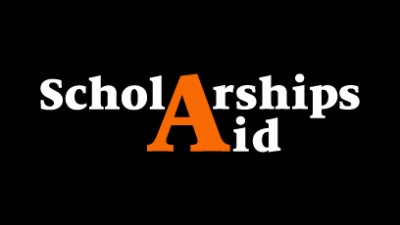Debabrata Samanta
Assistant Professor
Bio
Dr. Samanta works as Program Head and Assistant Professor at the Department of Computing and Information Technologies, RIT Kosovo (A.U.K), Rochester Institute of Technology – RIT Global Campus, Kosovo, Europe. He obtained his Ph.D. in Computer Science and Engg. from the National Institute of Technology, Durgapur, India, in SAR Image Processing. He is keenly interested in Interdisciplinary Research and development. He has experience spanning fields of SAR Image Analysis, Video surveillance, a Heuristic algorithm for Image Classification, Deep Learning Framework for Detection and Classification, Blockchain, Statistical Modelling, Wireless Adhoc Networks, and Natural Language Processing. He has completed six Consultancy Projects. Under his guidance, four students have accomplished their Ph.D. degrees. He has received funding of 8,110 USD under the Open Access, Publication fund. He received funding under the International Travel Support Scheme in 2019 for attending the conference in Thailand. He has received a Travel Grant to speak at conferences, seminars, etc. for two years from July 2019. He owns 22 Patents (4 Design Indian Patents and 2 Australian patents Granted, 16 Indian Patents published) and 2 copyrights. He has authored and co-authored over 248 research papers in an international journal (SCI/SCIE/ESCI/Scopus) and conferences including IEEE, Springer, and Elsevier Conference proceedings. He received “Scholastic Award” at the 2nd International Conference on Computer Science and IT Application, CSIT-2011, Delhi, India. He is a co-author of 13 books and the co-editor of 18 books, available for sale on Amazon and Flipkart. He has presented various papers at international conferences and received Best Paper awards. He is the author and co-author of 15 Book Chapters. He also serves as acquisition editor for Springer, Wiley, CRC, Scrivener Publishing LLC, Beverly, USA, and Elsevier. He is an IEEE Senior Member, an Associate Life Member of the Computer Society of India (CSI), and a Life Member of the Indian Society for Technical Education (ISTE). He is a Convener, Keynote speaker, Session chair, Co-chair, Publicity chair, Publication chair, Advisory Board, and Technical Program Committee member in many prestigious International and National conferences. He has invited speakers at several Institutions.











